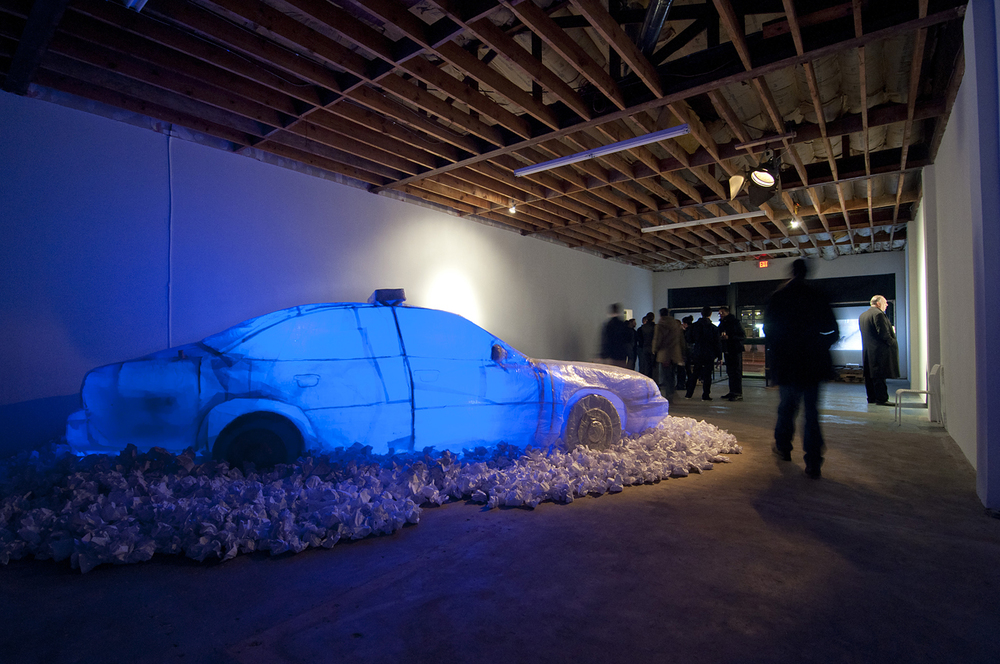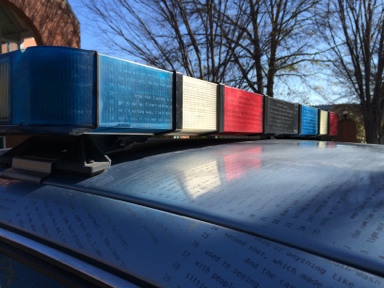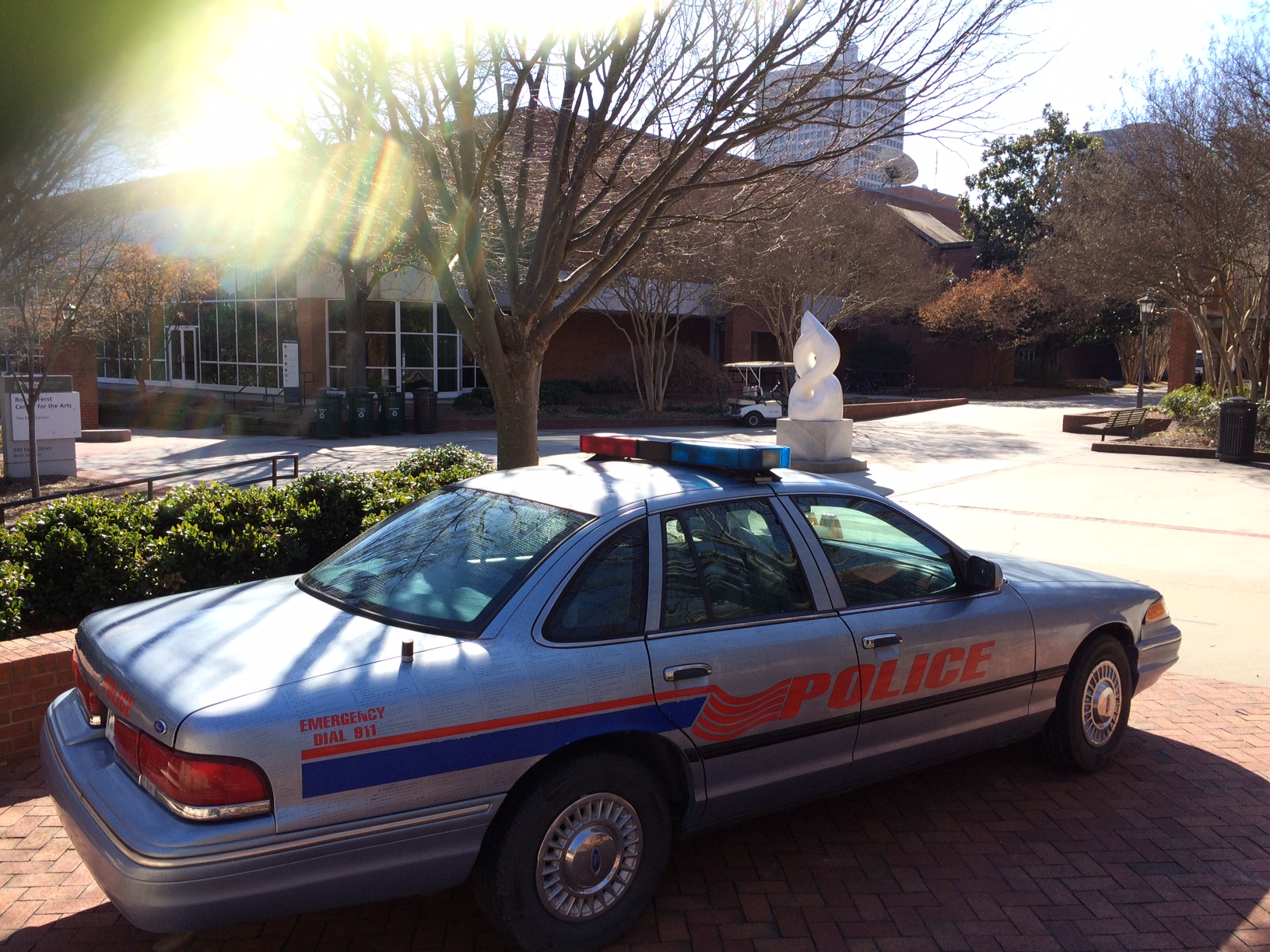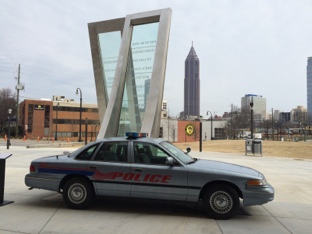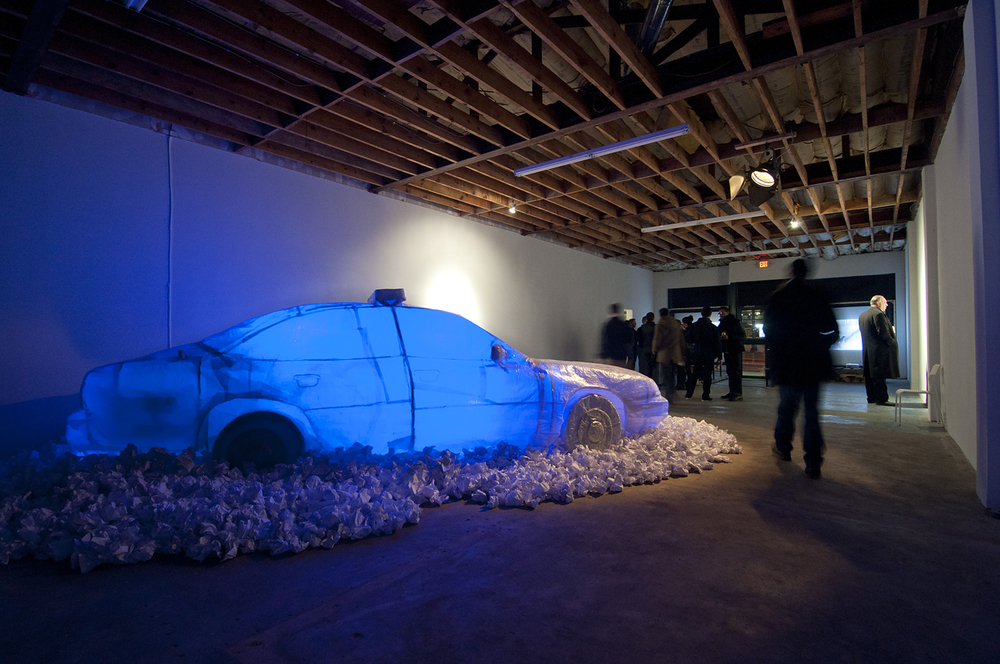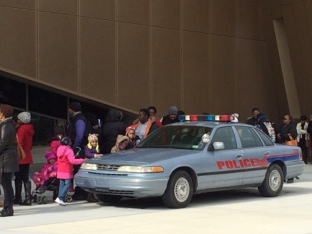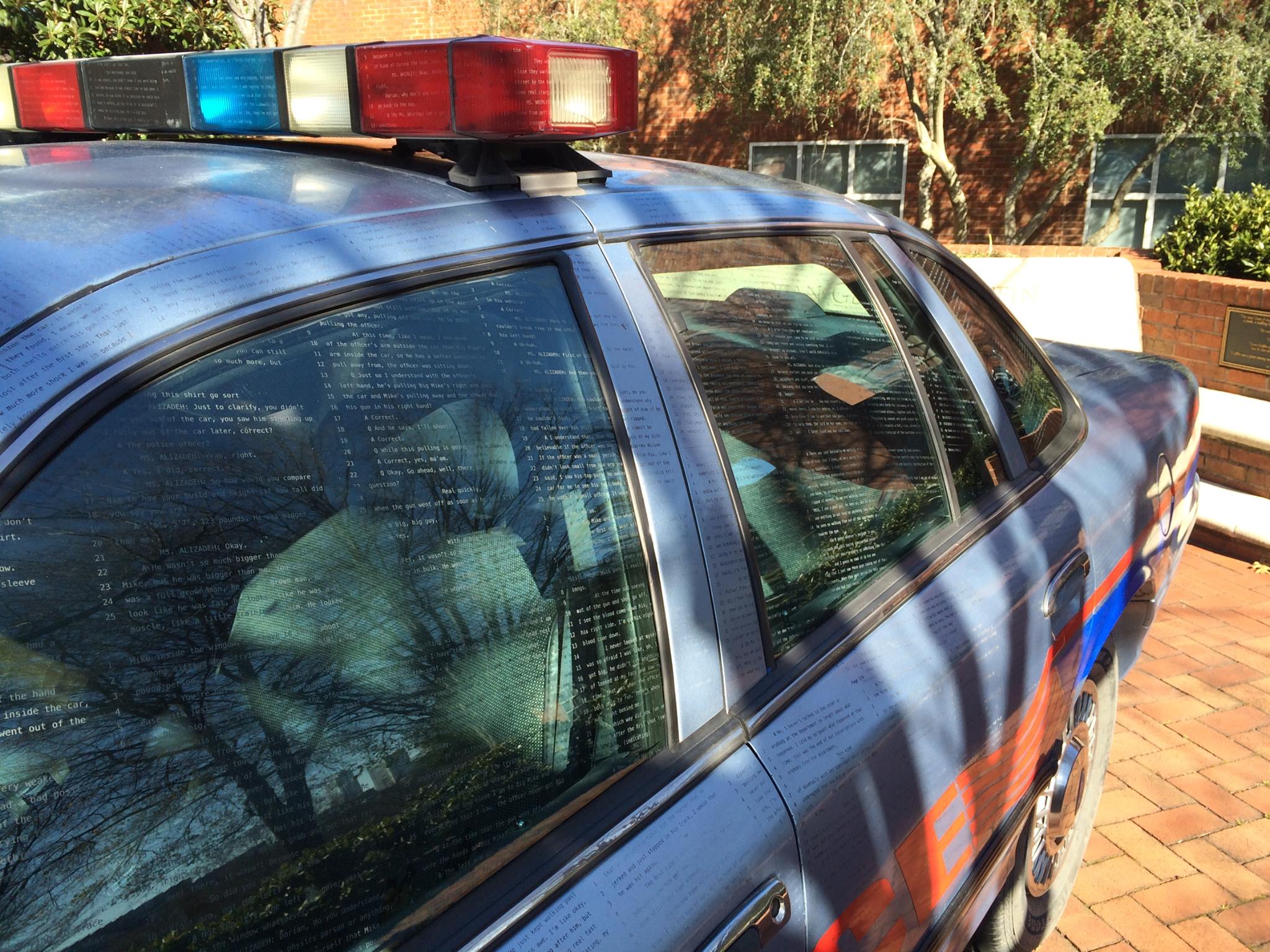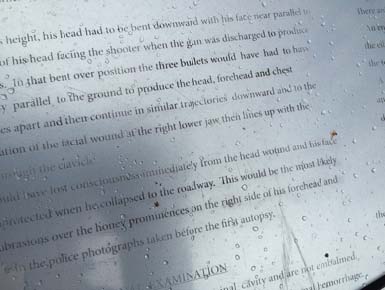Deliberation
2015 | My knowledge of the Michael Brown shooting has formed like that of most of us—through media coverage. We rely on our justice system, for which the police serve as a first line of defense, to deal with conflict and solve problems. The court system serves as the ultimate arbiter when things go awry.
The only thing that seems clear about the Michael Brown case is its complexity. The grand jury documents are voluminous and overwhelming. Witness accounts differ and even a thorough reading is unlikely to reveal an unambiguous picture of what happened on the streets of Ferguson, Missouri. What does seem clear is that the world we inhabit in the first quarter of this new century offers tremendous challenges. We are faced with a search for a singular truth in light of a long history of racial injustice, ready availability of firearms, hypermilitarization of police, media sensationalism, and a rapidly growing culture of fear. Is it any wonder there is no single clear narrative that emerges from the incident? Is it any wonder that there are protests?
Deliberation combines the iconic presence of a police car with the documented testimony of major players in the Michael Brown case. For better or worse, these are the voices that speak for the one individual who can no longer tell his story. The most demanding voices are the ones that have been silenced. Though we are unable to hear those voices, they are the ones asking us to consider where we find ourselves as a nation and as human beings. They are asking for our careful attention, for listening, for openness, and for change.
Review: Timely “Dialogue: Conflict/Resolution” explores violence, marital politics, race, at Dashboard, Jerry Cullum, Arts ATL
Dialogue: Conflict/Resolution, Dashboard
Conflict the focus of ambitious, flawed show, Felicia Feaster, Atlanta Journal Constitution
Afropunk and the Creatives Project Join Forces, Jacinta Howard, Creative Loafing, Atlanta
